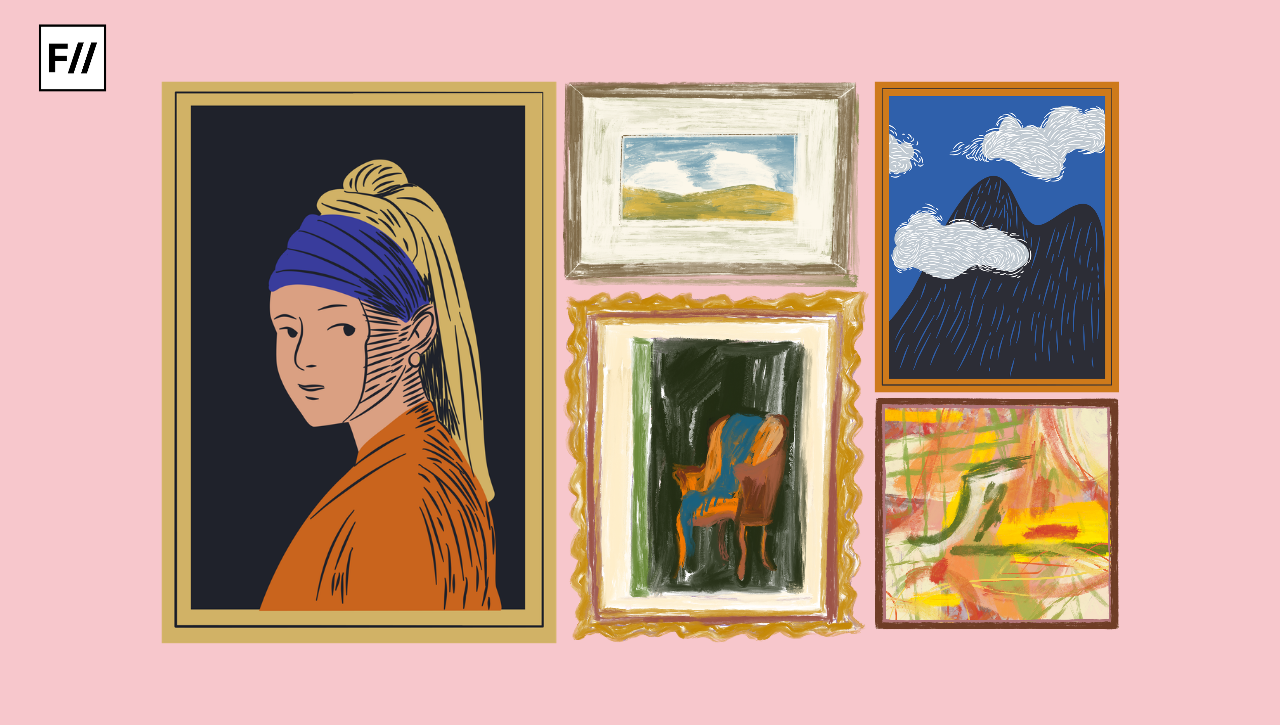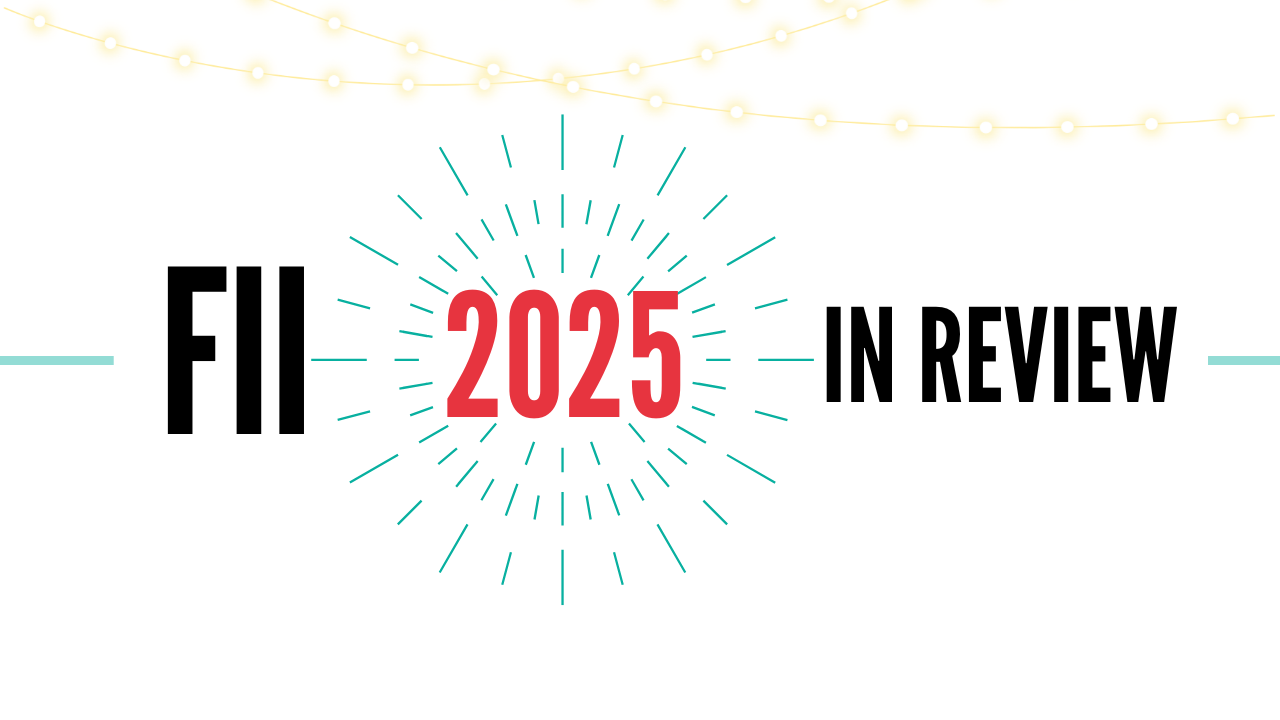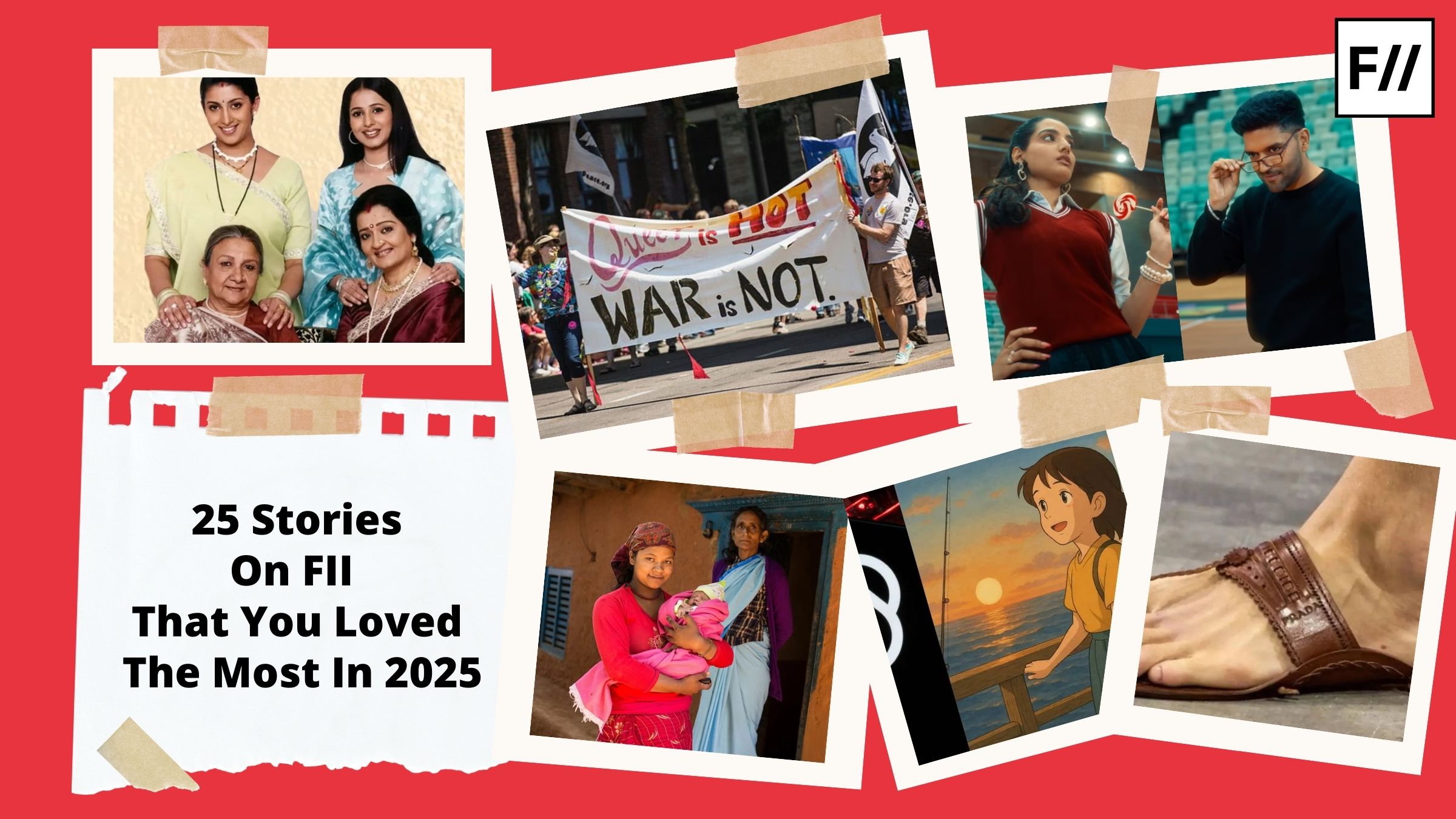Women in literature—a considerable section of society and civilisations were often misrepresented, misunderstood, and written mainly through predisposed ideas and notions, heavily dominated by toxic ideals of patriarchy, misogyny, and gender roles. The roles and characters women played were highly gendered, bereft of any agency and autonomy, and were also elusive from reality.
Although some periods in civilisations and societies around the world reflected the organic and tangible reality of women, which was highly depressing with oppressive systems like; women were considered the property of men, women could not have a profession, could not go alone without a male company, etc., yet these characters and stories of women were written through the male gaze and hegemonic powerplay of male writers and authors, who could never fully represent the women characters with honesty and livid reality.
Women would often come out as flat characters, without depth and due consideration that they have reasoning and emotions. Women were either angry or promiscuous, evil, docile, and pretty or just pretty creatures about whenever written through the male gaze. For instance, look at how Charles Dickens talked about women and how John Osborne describes women in his plays. These male writers and authors would often project their inherent male superiority, their misogynistic attitudes, and the power that patriarchy bestows upon them.

Due to the influence of global movements like Universal suffrage as well as the in-group feminist movements and women’s rights movements, things started to take different shapes and spaces in literature, be it English, Hindi, or Urdu. Note that decolonial studies and interpretations as well as subaltern points of view and intersectionality played a huge role in redefining women’s writings and stories in literature. And with more and more progressive movements around gender, queer literature and studies also evolved.
Because of these many global and particularly South Asian movements, with tall figures like Simone de Beauvoir, Elaine Showalter, Woolfe, Ismat Chutagai, Gayatri Spivak, etc., women and gender in literature were refurbished, deconstructed, and redescribed. Now women wrote women through the female gaze. Women wrote men and other genders with a feminist and sensitive gaze without any power politics of male superiority.
It is pertinent to the historicity of literature to write and deconstruct the world perceived through the male gaze and to write the history of the world through women’s perspectives and authenticity, with the utmost promise to portray lived experiences and stories of women and other gender minorities.
Be it Hindi literature, Urdu literature, English, African, etc., women and other gender minorities found a space quite later in the development when they finally didn’t have to hide behind pseudonyms like George Elliot. They also found their voices through the power of prose and poems, through pen, quite late in the development of history and literature. Though once they fought and established this space, they are to say. Though some writers still portray women through misogynistic and gendered notions, yet the emboldened stage that women readers and writers are in would not let that impact their lives and the literature.

To celebrate, highlight, and honour the work of women and gender minorities who redescribed, carved a niche and a considerable space in literature, and also fought to portray women authentically, FII is inviting submissions on the theme, Gender And Literature, throughout January until the 25th of the month.
Here are some of the themes that you may find helpful in putting together your thoughts:
- Gender roles and literature
- Representation of women in literature
- Queer theory and literature
- Masculinity studies and representation
- Women in literature
- Queerness/queer representation in literature
- The feminist politics of anonymity and pseudonyms
- Women’s personal accounts
- Feminist oral literature
- Literary honours and women
- Indian literature and feminism
- Own voices: literature and appropriation
- Caste and gender in literature
This list is not exhaustive, and you may feel free to write on topics within the theme that we may have missed out on here. Please refer to our submission guidelines before you send us your entries. You may email your submissions to shahinda@feminisminindia.com.
We look forward to your drafts and hope you enjoy writing them!
About the author(s)
Feminism In India is an award-winning digital intersectional feminist media organisation to learn, educate and develop a feminist sensibility and unravel the F-word among the youth in India.




